South Bend, Notre Dame don’t win 5G grant but will try again
January 5, 2018This story was written by Jeff Parrott and was originally published in the South Bend Tribune on Saturday, December 23, 2018.
SOUTH BEND — The city and the University of Notre Dame have failed to win up to $20 million to test the next generation of wireless technology next year, but they vowed to try again.
As part of the $100 million White House Advanced Wireless Research Initiative, begun under President Barack Obama, the National Science Foundation has solicited proposals from cities looking to become testbeds for “5G,” or the fifth generation, of wireless technology. Local officials were especially hopeful about being selected to move research from the lab to city-scale testing because the NSF had invited them to Washington in 2016 when announcing the initiative, along with Washington, D.C., New York and Kansas City.
The NSF plans to announce the 2018 round winner in March, out of a handful of finalists, and an NSF spokeswoman declined to comment on the South Bend/Notre Dame application when contacted by The Tribune. But Santi Garces, the city’s chief innovation officer, said the agency will award at least two more rounds of grants in 2019 and 2020, and the NSF gave them encouraging feedback that will help them craft a better application next year for 2019.
Garces said the NSF made two main recommendations: craft a proposal with applications that are more specific, and less theoretical, in identifying potential 5G technologies and how they could be tested in the community; and involve more corporate partners in the plans.
“The feedback that we heard is we’re really close,” Garces said. “I think they think there is merit in the application, and the things that can be improved are things that we are in a position to improve in.”
J. Nicholas Laneman, professor of electrical engineering at Notre Dame and co-director of its Wireless Institute, said their application downplayed the potential involvement of corporate partners locally because the NSF consortium contains 28 companies, some of whom are direct competitors to companies that the city and university would work with. The NSF wanted more details about such corporate partnerships.
“We’re going to be asking them to more aggressively shape our vision of things and maybe that will help us on our next proposal,” Laneman said of private companies.
The Mayor Pete Buttigieg administration hopes winning the grant funding could help the city attract new tech companies while also improving daily life for residents through the development of the “internet of things,” in which devices from traffic signals to refrigerators will be connected by wireless technology.
Garces said he expects the city and university to submit another application for 2019 funding by July and learn their fate by the end of next year.

